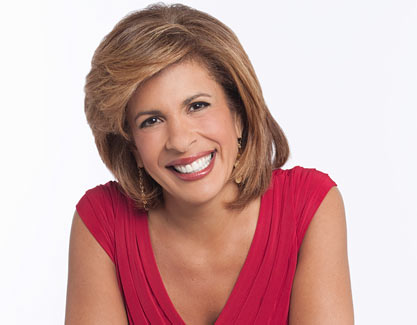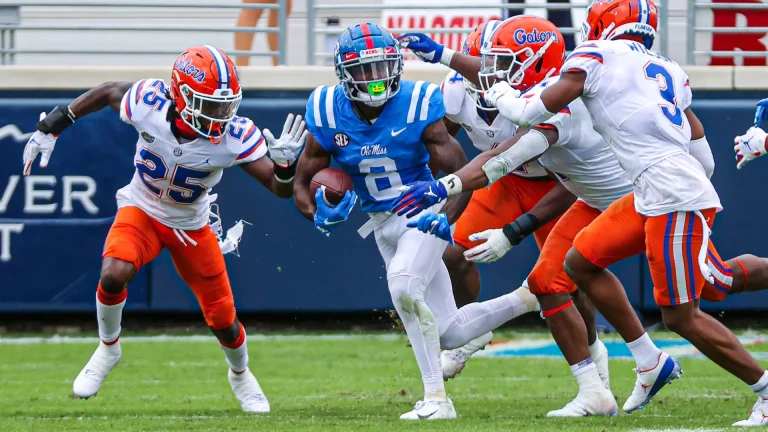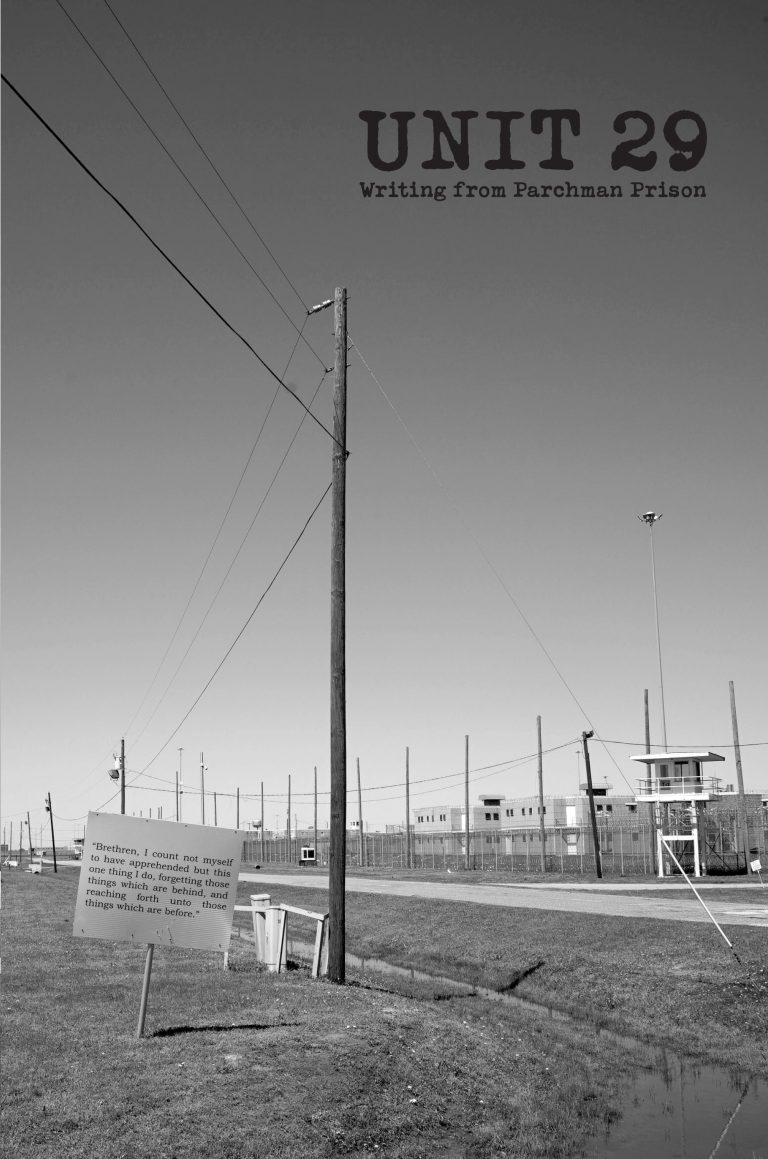

When the Ole Miss Radio Network broadcasts live from Vaught-Hemingway Stadium on Saturday, it will be without its longtime sideline reporter, Stan Sandroni. Sandroni died late Wednesday evening of a heart attack at the age of 64.
To honor Sandroni, the Ole Miss Radio Network has decided to have a silent microphone on the sideline for Saturday’s home football game against Louisiana-Lafayette.
Sandroni, who broadcasted the sidelines for Ole Miss football the last quarter century, leaves behind a wife, Glenda, and son, Christopher.
His raspy and charismatic voice will be missed. Observations and commentary were his niche. During my freshman and sophomore years at Ole Miss, I never missed a Monday night edition of Rebel Yell Hotline. Once, or twice I even consumed enough liquid courage to call in and discuss Ole Miss Athletics with Stan and Chuck (Rounsaville).
It was without question that when Ole Miss football games were televised, the talking heads on the box were to be muted while David Kellum and Sandroni took over.
In the many years that have passed since then, on numerous occasions, I have found myself sitting in my car listening to the game on the radio rather than watching it on TV. The color commentary by the sideline reporter on the radio was a close as you got to the game. Sandroni’s Rebel heart rarely allowed him to agree with any penalty called against his beloved Ole Miss and the years of heartbreaks made him slightly pessimistic to confidently report things were going our way.

Just last week, Sandroni quipped, “I don’t think he made it David. Yeah, I think Ole Miss is looking to be a little short of the first down.” The ball was spotted two feet across the marker and the drive marched on.
His legacy made way for others as CBS Today Show Co-Host Hoda Kotb got her start in Greenville when Sandroni gave her a shot. She claims that 27 other news directors had said no before Sandroni said yes. Her story about meeting Stan Sandroni is nothing short of God’s work in others and worth reprinting here:
“I was literally driving around the country in my mom’s car in the same outfit. I slept in that car,” Kotb recalls. “I had one job interview in Richmond, and the news director watched my tape and said, ‘I’m sorry, you’re just not good enough for Richmond.’ That had not dawned on me that I was not getting that first job. As I was leaving, the guy said, ‘I have a buddy of mine in Roanoke, Virginia who will hire you. Drive there tonight and you’ll catch him.’ So I drove to Roanoke that night, and I met the news director there and he said, ‘I’m sorry. but you’re not ready for Roanoke.’ I thought, ‘Who in the hell is not ready for Roanoke?’ Apparently me. As I was leaving that place, he said, ‘I’ve got a buddy of mine who is hiring in Memphis, but you’ve got to catch him in the morning. So I drove across Tennessee. I met that news director the next morning and he put my tape in and said, ‘No.'”
But then, Kotb says, she got lucky: “As I was driving home, I got lost and I wound up in the Delta and there was a television station with a sign — you know how they say, ‘God gives you a sign?’ It said, ‘Greenville, our eye is on you,’ and it had the CBS eye. I walked in there and I gave the guy my tape, and he watched this horrible, terrible tape. He looked at me, and I’ll never forget what he said: ‘I like what I see.’ I burst into tears and he hired me that day. If it wasn’t for that guy on that day, I’d be in PR. I was at the end, out of gas, and I’d done everything I could. When they asked us to bring somebody on the Today show who changed the course of our life, I brought on Stan Sandroni, that news director from Greenville, Mississippi.”


